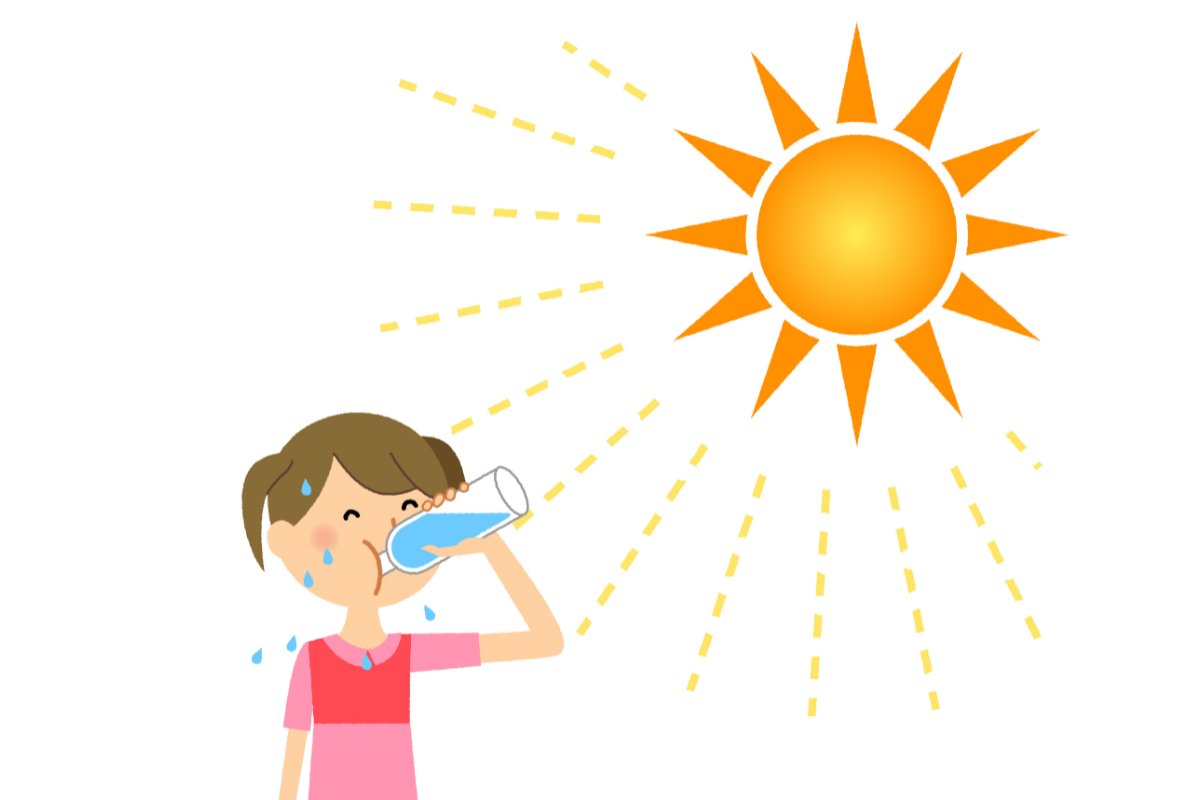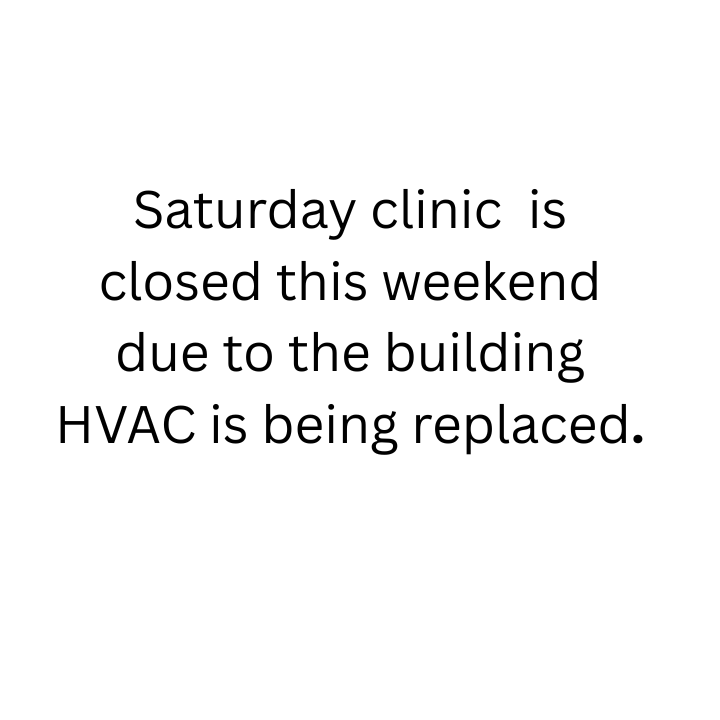Every parent wants their child to feel their best, and knowing the signs of dehydration in kids can make all the difference. This article walks you through what causes dehydration, how to recognize it early, and simple steps to help your child stay hydrated, even when playing in the hot sun.
Bootin and Savrick Pediatric Associates has experience treating dehydration in children of all ages. If you’re concerned or need guidance, don’t hesitate to contact our team in Houston, TX for caring, expert support.

Dehydration occurs when a child’s body loses more fluids than it takes in. Every day, children lose fluids through sweat, breathing, urine, and stools.
In hot weather or during moderate to intense physical activity or with fever or vomiting, the body loses fluids faster than it can replace them. Mild to moderate dehydration may be managed at home, but severe dehydration requires prompt medical care as it can lead to seizures, a coma, or brain damage.
Recognizing dehydration symptoms early is crucial:
Mildly dehydrated children may just seem thirsty or a bit moody. But if signs escalate to signs such as minimal urine, rapid heartbeat, or confusion, it could signify moderate dehydration or even severe dehydration, which demands immediate help.
Some possible causes of dehydration include the following:
In all these situations, it’s essential to replace lost fluids before the condition worsens.
Fluid needs vary by age:
These totals include all fluids (water, milk, juice). During hot weather or while active, encourage your child to drink water or a balanced electrolyte solution throughout the day, not just when thirsty.
If your child is mildly dehydrated but alert and drinking, try these steps:
Usually, mild dehydration improves within a few hours. But if your child is not responding to increased fluids, shows dehydration symptoms again, or is getting worse, it’s time to reassess.
Seek professional care if your child shows any of these warning signs:
At Bootin and Savrick Pediatric Associates, we have experience treating dehydration in collaboration with pediatric specialists. Our team is ready to help your child get the right care, without delay.
Treatment depends on severity:
Consistency is key to prevention. Try the following tips to prevent your child from dehydrating:
If your child shows dehydration, don’t wait. Start with gentle home remedies and replace lost fluids early. For moderate or severe symptoms, we’re here to help with swift evaluation and treatment.
You can learn more about common childhood conditions at our illness specialty page. And remember, when it comes to your child’s health, early action makes all the difference. Feel free to reach out to our team for guidance on hydration, nutrition, or overall wellness.
Need support? We’re here. If you suspect your child is dehydrated or feeling unwell, don’t hesitate to connect with Bootin and Savrick Pediatric Associates in Houston, TX. Your child’s comfort, safety, and recovery are always our top priorities.
Medically reviewed by Dr. Patti Savrick
